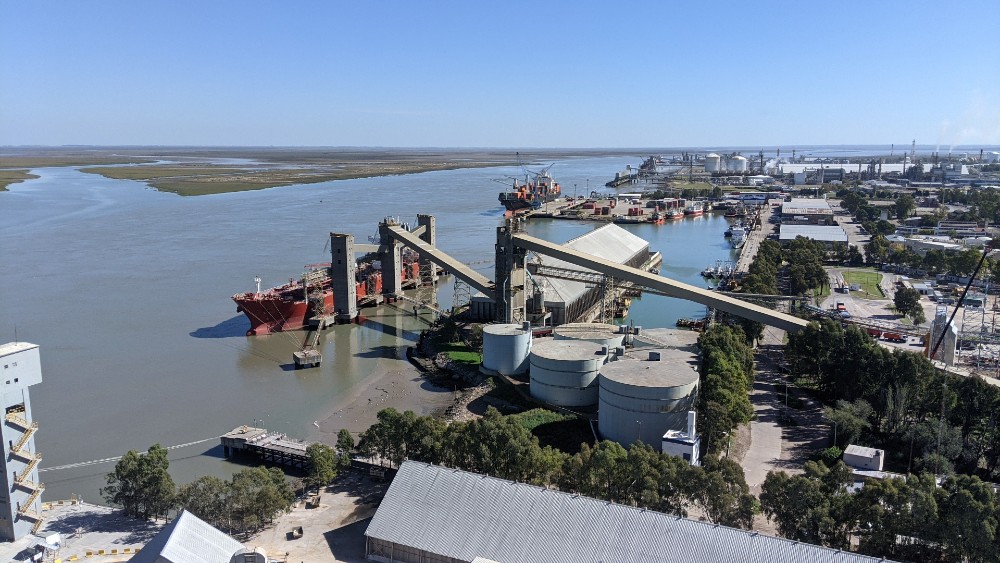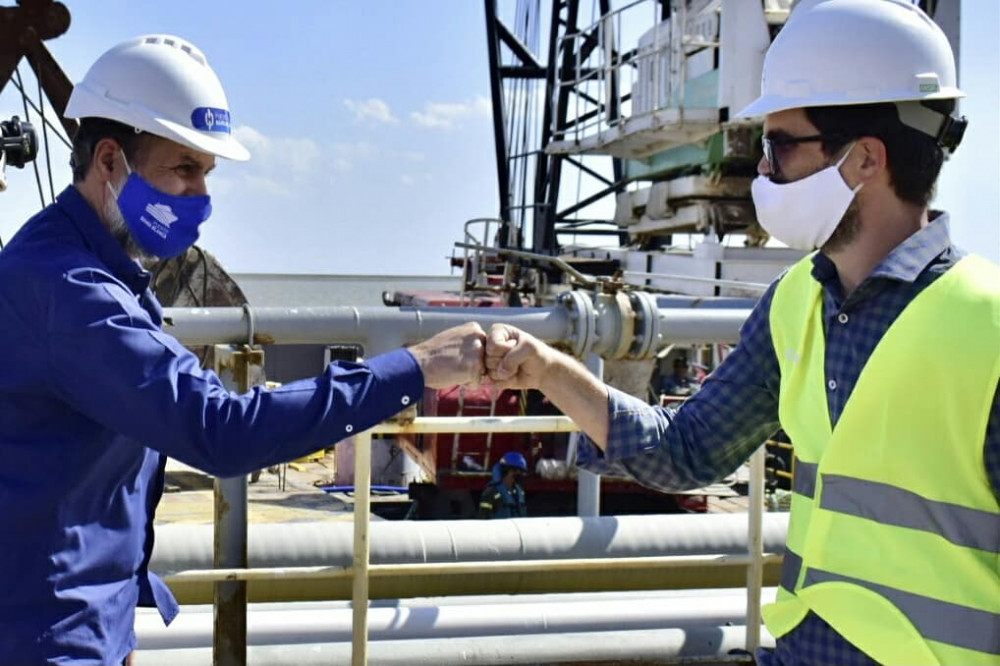News
The Port of Bahía Blanca Aims to Be a Leader in Hydrogen
El Puerto de Bahía Blanca es el primer y único puerto del país en sumarse al Consorcio para el Desarrollo de la Economía del Hidrógeno en Argentina y también de formar parte de la Coalición Global de Puertos de Hidrógeno en búsqueda de promover ese combustible como vector clave en la transición energética.
The first initiative is a collaborative space within the hydrogen value chain led by the technological division of YPF together with CONICET (Y-TEC), and the second is an initiative by the International Energy Agency and the Clean Energy Ministerial to be part of a global group that brings together port authorities, organizations, and governments with the goal of accelerating the scale of hydrogen production and its demand in ports and industrial port clusters.

Currently, hydrogen is the cleanest fuel and has the ability to produce and store electricity more efficiently.
The strategic position, logistical efficiency, and the existence of a local Petrochemical Hub create all the ideal conditions to be a central player in the large-scale production and utilization of low-emission hydrogen.
As president of the Management Consortium of the Port of Bahía Blanca, Federico Susbielles stated: "Being part of this important group is part of the new national agenda to promote the production, utilization, and export of hydrogen."

"For our Port, it is a pride to represent the city and Argentina in these coalitions, and it is a good development alternative for export and to encourage the development of green energies," explained Susbielles, adding, "We have no doubt that the path to hydrogen production and storage is a significant part of the sustainability we want to build in our port and country."
The participation of the Port of Bahía Blanca in the Consortium for the Development of the Hydrogen Economy in Argentina would open up very interesting future business opportunities for the Port, allowing it to be part of a business and market with enormous prospects alongside leading companies in Argentina, where the Port of Bahía Blanca would play a central role, considering its strategic position as a network node and its strategic location concerning natural gas production centers and wind generation parks.
It is important to mention that the initiative of the Global Hydrogen Ports Coalition, aimed at promoting the dissemination and use of H2 in logistics and ports, had the support of the European Community and several countries such as the USA, China, Japan, Germany, Norway, India, France, Russia, Spain, Canada, Brazil, and Chile.
The Port of Bahía Blanca is the only organization in the country to share this privileged coalition alongside prestigious ports such as Hamburg, Houston, Rotterdam, Vancouver, Valencia, and other international port entities.
Globally, it is expected that in the next decade, the use of hydrogen will accelerate and expand. In this context, Argentina has excellent natural conditions for hydrogen generation through its highly competitive renewable resources and significant natural gas reserves.
